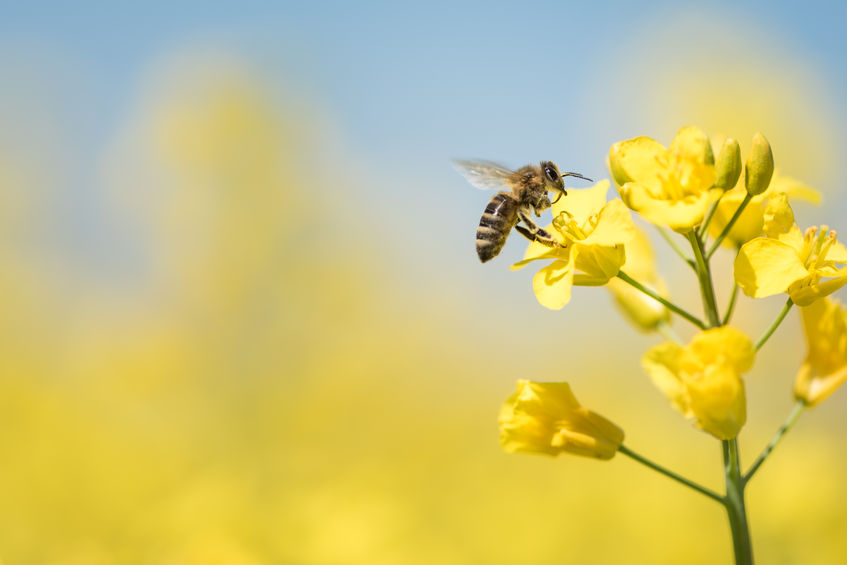
Farmers with an environmentally-friendly vision for the future of farming in Scotland have unveiled their ‘Pledge for Nature’ in the wake of Brexit uncertainty.
A newly formed steering group, the Nature Friendly Farming Network (NFFN), has announced their pledge today (21 June) for Scottish farming at the Royal Highland Show in Edinburgh.
It calls for future rural policy to put the environment and other public goods at the heart of farming and land management.
NFFN Scotland said it aims to strengthen the voice of farmers and crofters who believe that sustainability and working with nature need to be at the heart of farming policy.
Seventy-three percent of the land in Scotland is farmland. Hundreds of farmers in Scotland already use nature friendly farming practices, but NFFN says that the scale of the decline in wildlife and soil quality mean that this work needs to be "scaled up rapidly" with more policy support.
NFFN Scotland’s Chair and livestock farmer, Michael Clarke said Brexit is causing a period of "great change and uncertainty", which has triggered some farmers to shift towards a "sustainable and productive" policy.
"Regardless of the outcome, Scotland needs to create a long-term, stable policy framework that will drive a mainstream shift towards a sustainable, productive, nature-friendly future for farming as well as protecting the landscape," Mr Clarke said.
"It is important that we get some clarity in Scotland about what the future of policy will entail and make a shift to supporting public benefits."
NFFN admitted that farmers must continue producing high quality food at the same time as helping soil, landscapes and wildlife flourish.
Some groups within the farming industry have told of their concerns over the UK government's commitment to a "green Brexit", one which they perceive as focusing on animal welfare and the environment over food production.
